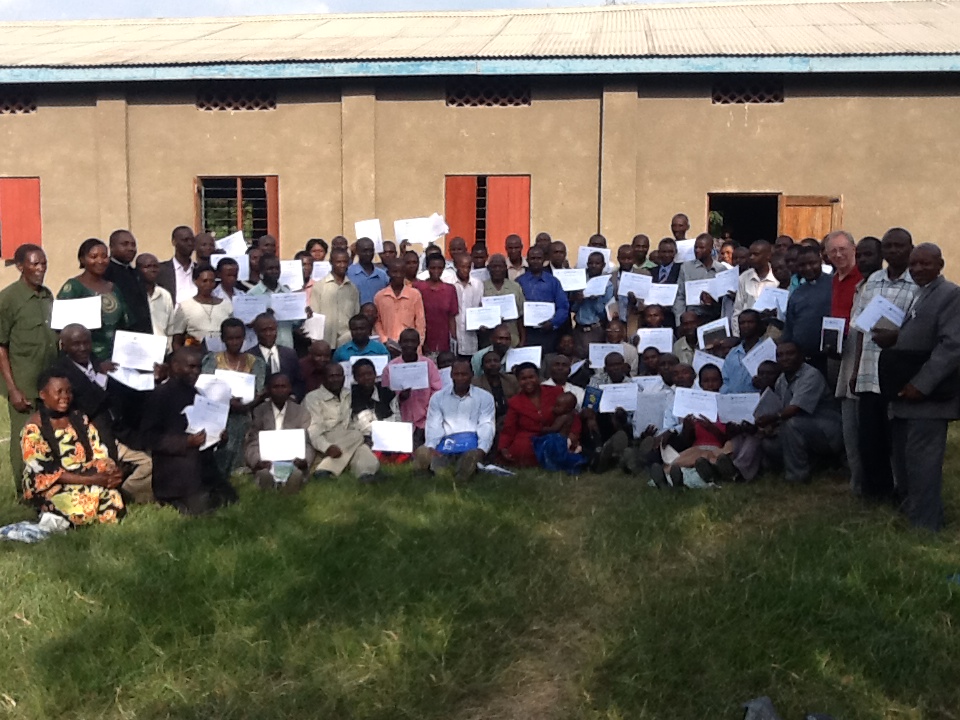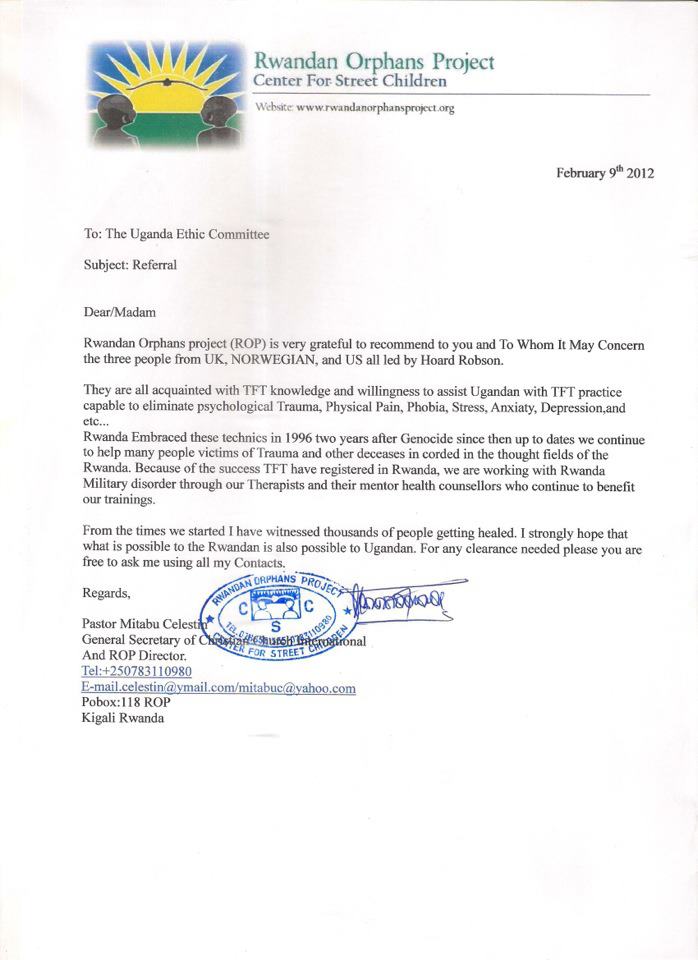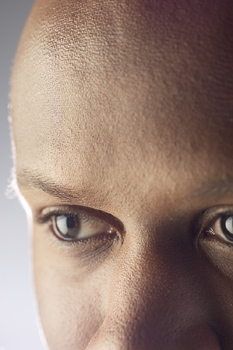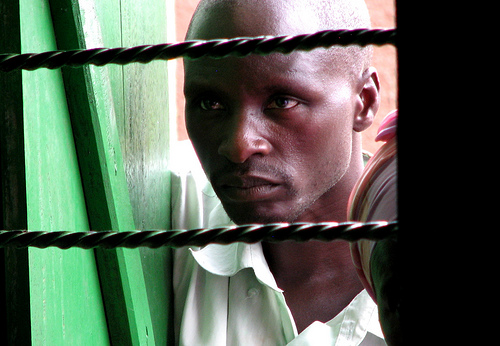UGANDA 2012 – Short Report
by Howard and Phyll Robson
We are delighted to make this short report on the TFT Foundation’s work in Uganda in June. The team worked hard to complete a packed program of research and training.
Training was provided for 310 Catechists at three centres within Kasese District of Western Uganda. To prepare for the PTSD study we first provided two days training for 40 catechists. These catechists would be the trainers in the PTSD study immediately following their Trauma Relief training.
The first day of the study was anxiety provoking, would all the participants attend? Many had to travel long distances, of-ten on foot. We were expectant that the study would be carried out effectively as we had been working on the details for over six months. Due to the lack of email facilities much of the detail was planned on the telephone with Fr. Peter, these conversations were recorded on our computer and sent by mail to avoid any misunderstandings.
Our first day went well in spite of our anxieties. However, the team met to identify and rectify any actual and potential problems. Working in a foreign language was challenging, due to pronunciation it was often difficult to understand each other, this difficulty improved quite quickly. The first part of the study took four days.
The first Catechist training took place in Nsenyi, the home of Fr. Peter and Training Centre for Catechists and 116 Catechists attended this two-day training.
We only had one day off before we undertook the second part of the study, again it took place over four days. We employed the same diligent method of having a team meeting each evening to ensure that all was going according to plan.
For the second training we moved to Bukangara Parish where we trained a further 104 Catechists. Each time we provided training and treatment for anyone who requested our help. The team travelled each day during the training to keep the cost down.
Following another day off, we moved to Hima Parish. Due to the distance involved we were guest of Fr Walter. We trained 90 Catechists at Hima Parish. Many of the sick in the Parish came to mass on Thursday, the day we arrived, and Fr Walter asked us to treat as many as possible. Two of the team were assigned to training and two treated the sick with the help of the Catechists we had trained for the study. We worked in the shade of the trees, watched by anxious relatives.
Saturday 30th June was the final day of the study, we planned to review 128 of the wait list group participants, for their post treatment assessment. Some of these participants had first attended on 13th June. We were concerned that there might be considerable fall off in attendance at this stage. It was therefore gratifying to be greeted by a large welcoming group of participants, still clutching their attendance tickets.
We are obligated to Fr. Peter and the catechists for their support and commitment to the completion of the PTSD study. They welcomed us into their lives and it was a pleasure to share the gift of Thought Field Therapy with them.





